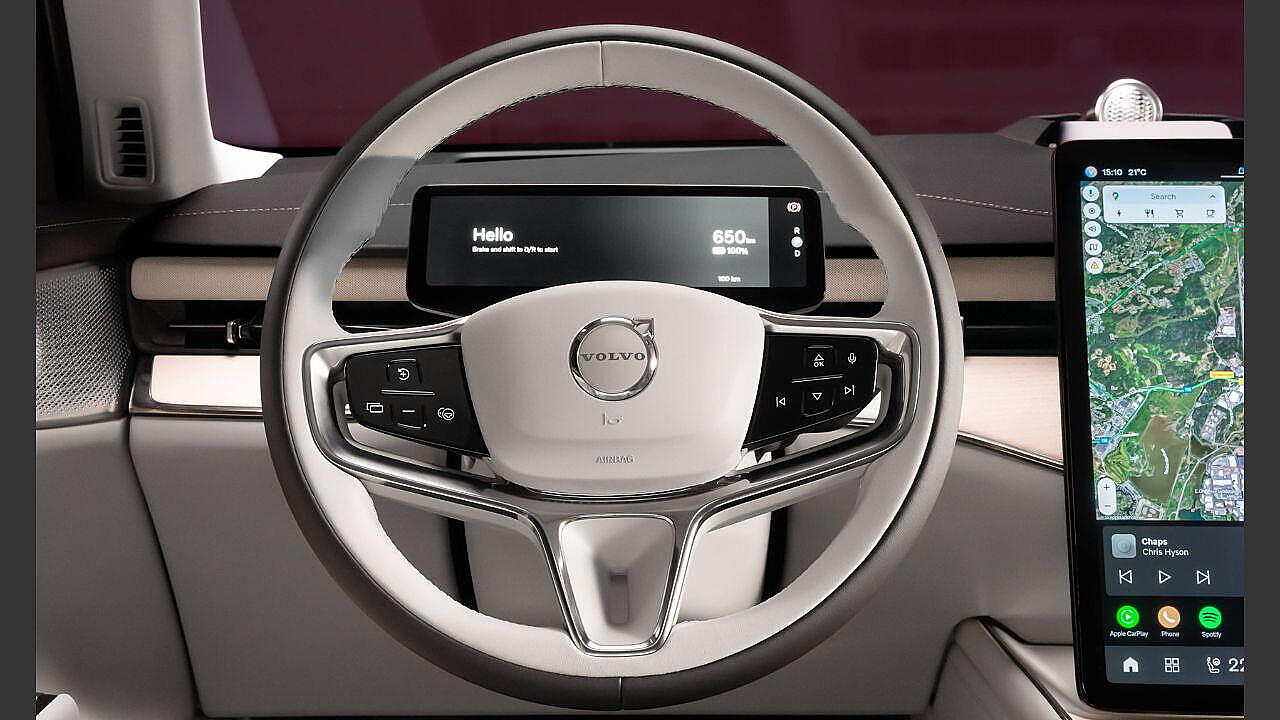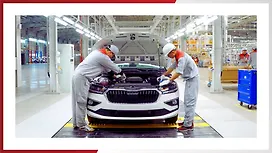
Volvo Cars is pushing the boundaries of automotive safety by leveraging AI-generated virtual environments to refine its driver-assistance systems (ADAS). Using advanced computational techniques like Gaussian splatting, the company is creating lifelike 3D simulations that allow for extensive testing of safety software in ways never before possible.
Harnessing AI To Simulate Real-World Traffic Scenarios
Volvo Cars is now able to synthesize incident data collected from the advanced sensors in its vehicles, such as emergency braking, sharp steering, or manual intervention. By reconstructing and analyzing these incidents in a virtual environment, engineers can manipulate road conditions—adding or removing road users, changing traffic behaviour, or introducing obstacles—to test safety software against countless variations of real-world events.
This allows the OEM to expose its ADAS software to a broad spectrum of traffic situations, including rare but potentially dangerous ‘edge cases’ that would be nearly impossible to replicate in real-world testing. What previously took months to simulate can now be achieved within days, significantly accelerating the pace of safety innovation.

“We already have millions of data points of moments that never happened that we use to develop our software,” explains Alwin Bakkenes, Head of Global Software Engineering at Volvo Cars. “With Gaussian splatting, we can take a rare edge case and expand it into thousands of variations to train and validate our models. This has the potential to unlock a scale we’ve never had before and even catch edge cases before they occur in real life,” he said.
Blending Virtual, Real-World Testing For Safer Roads
While real-world testing remains critical, Volvo Cars integrates virtual environments alongside physical trials for software training, development, and validation. These AI-powered simulations provide a safe, scalable, and cost-efficient method of refining vehicle safety systems. This initiative is part of a collaborative PhD programme with leading Swedish universities, exploring the future of neural rendering techniques in automotive safety. It is supported by Wallenberg AI, Autonomous Systems, and Software Program (WASP), a leading research initiative in artificial intelligence.
Decades Of Data-Driven Safety Innovations
Volvo Cars has a long-standing legacy of using data to drive safety advancements. The Volvo Cars Safety Research Team, established in the 1970s, pioneered crash data collection at accident sites, using measuring tapes and skid mark assessments to gain insights into vehicle safety. Their work led to industry-defining innovations such as the Whiplash Injury Protection System (WHIPS) and Side Impact Protection System (SIPS). Today, AI-driven simulations take this data-driven approach to the next level, enabling predictive safety measures rather than just reactive ones.

Supercharging Safety With NVIDIA-Powered AI
Volvo’s advancements in AI-driven simulations are made possible through its expanded partnership with NVIDIA. The latest generation of fully electric Volvo cars is equipped with NVIDIA accelerated computing, which processes real-time data from multiple sensors to create a more intelligent safety system. The NVIDIA DGX-powered AI supercomputing platform is at the heart of this effort, unlocking deep insights from vast amounts of sensor data to train next-generation safety models.
This supercomputing infrastructure, part of Volvo Cars and Zenseact’s investment in one of the Nordics’ largest data centres, will significantly accelerate AI development, setting new benchmarks in automotive safety.
A Safer Future Through AI, Data
Volvo Cars’ fusion of AI, big data, and real-world testing is reshaping the future of vehicle safety. By simulating complex driving scenarios at an unprecedented scale, Volvo is not just improving ADAS and autonomous driving capabilities—it is proactively preventing accidents before they happen.
Also Read:
Volvo Cars Adopts Dassault Systèmes' 3DEXPERIENCE Platform For Electric Vehicle Development

